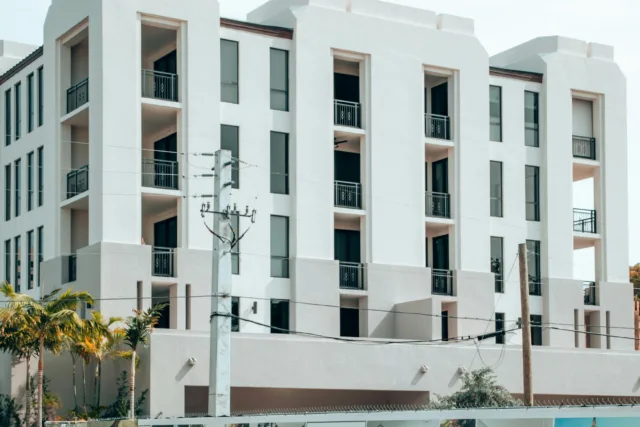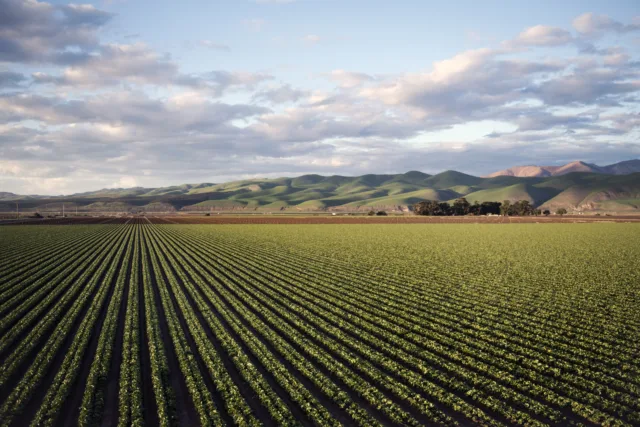
Agricultural Land Morocco: What Foreign Buyers Need to Know
Foreign investors are showing increasing an interest in the agricultural land of Morocco. The fertile regions of Morocco particularly around Marrakech as well as the Souss Valley and a portion of the Rif provide a promising long-term investment. However, buying this kind of property comes with its own requirements and pitfalls.
Legal Considerations
Foreigners are permitted to buy real property in Morocco however, the land used for agriculture in Morocco owning requires stricter control. In accordance with Moroccan laws, non-Moroccan people or companies are not able to directly purchase agricultural land unless it can be altered to other than agricultural purpose. In such instances the conversion has to be approved approval via the issuance of a “non-agricultural vocation” permit issued by local authorities.
Buyers should verify the title registration. A lot of rural properties are under the traditional system of communal or ad hoc systems. In the absence of official registration, the transfer of ownership is legally difficult.
Investment Opportunities
Despite challenges to regulatory compliance, the agricultural land Morocco ownership can provide advantages. The land is usually less expensive prices than urban parcels. Investors looking to invest in long-term projects like eco-resorts or agro-tourism as well as organic farms could appreciate these lands when they comply with legal requirements.
The government also encourages agriculture development with initiatives such as “Plan Maroc Vert.” These programs offer assistance, subsidies as well as incentives for tax-efficient production. This makes the agricultural land of Morocco more appealing for investors.
Constraints and Risks
The biggest obstacle remains the legal limitations regarding foreign ownership. Investors must consult experts in the field of law to ensure appropriate documentation and consider alternatives including partnership agreements with Moroccan organizations. Processing delays for permits and land disputes can also pose risks.
Infrastructure is a different issue. Agriculture land Morocco frequently lacks road networks, water system or even electricity. These issues increase the cost of development and make feasibility studies essential prior to purchasing.
Regions of Interest
Regions such as Marrakech-Tensift Al Haouz Souss-Massa and the rest of northern Morocco are attracting attention because of their the fertile soils and close their proximity to urban areas. Even though the agricultural land Morocco ownership is complicated in these regions, knowledgeable buyers can still take advantage of opportunities.
Market Outlook
In 2025, rural investment in land is predicted to rise. Issues such as green development, food security and climate resilience drive demand. Agriculture land Morocco helps to achieve these goals for those who are pursuing sustainable initiatives.
Conclusion
Agriculture land Morocco provides both opportunities as well as regulation. Foreign buyers should conduct legally-required due diligence. They must analyze the infrastructure and make plans. With expert guidance rural properties can be an asset to be included in the diverse portfolio.
Are you thinking about agriculture-related land Morocco as an investment? Contact our local real estate and legal experts to help you navigate the rules of ownership without hesitation.



Leave a Reply